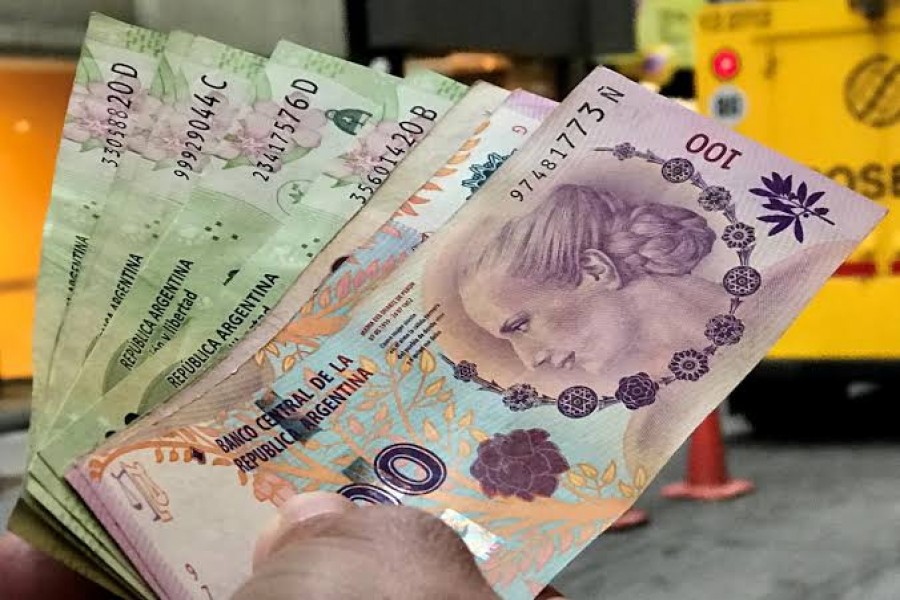Argentina has imposed currency controls in a bid to stabilise markets as the country faces a deepening financial crisis.
The government will restrict foreign currency purchases following a sharp drop in the peso.
Firms will have to seek central bank permission to sell pesos to buy foreign currency and to make transfers abroad.
Argentina is also seeking to defer debt payments to the International Monetary Fund (IMF) to deal with the crisis.
In an official bulletin issued on Sunday, the government said that it was necessary to adopt "a series of extraordinary measures to ensure the normal functioning of the economy, to sustain the level of activity and employment and protect the consumers".
The central bank said the measures were necessary to "maintain currency stability".
It also said while individuals can continue to buy US dollars, they will need to seek permission to purchase more than $10,000 (£8,223.50) a month.
Argentina has been struggling with a financial crisis which was exacerbated by the president's defeat in recent a primary poll, reports the BBC.
The peso fell to a record low last month after the vote showed that the business- friendly government of President Mauricio Macri is likely to be ousted in elections in October.
Mr Macri was elected in 2015 on promises to boost Argentina's economy with a sweep of liberal economic reforms.
But the country is in a deep recession. It has one of the world's highest inflation rates, running at 22 per cent during the first half of the year.
Argentina's economy contracted 5.8 per cent in the first quarter of 2019, after shrinking 2.5 per cent last year. Three million people have fallen into poverty over the past year.
Last week, Argentina said it would seek to restructure its debt with the IMF by extending its maturity. This would give the country more time to pay back the money it owes to the IMF.
Rating agencies including Standard & Poor's and Fitch treated the move as a default, and downgraded the country's credit ratings.


